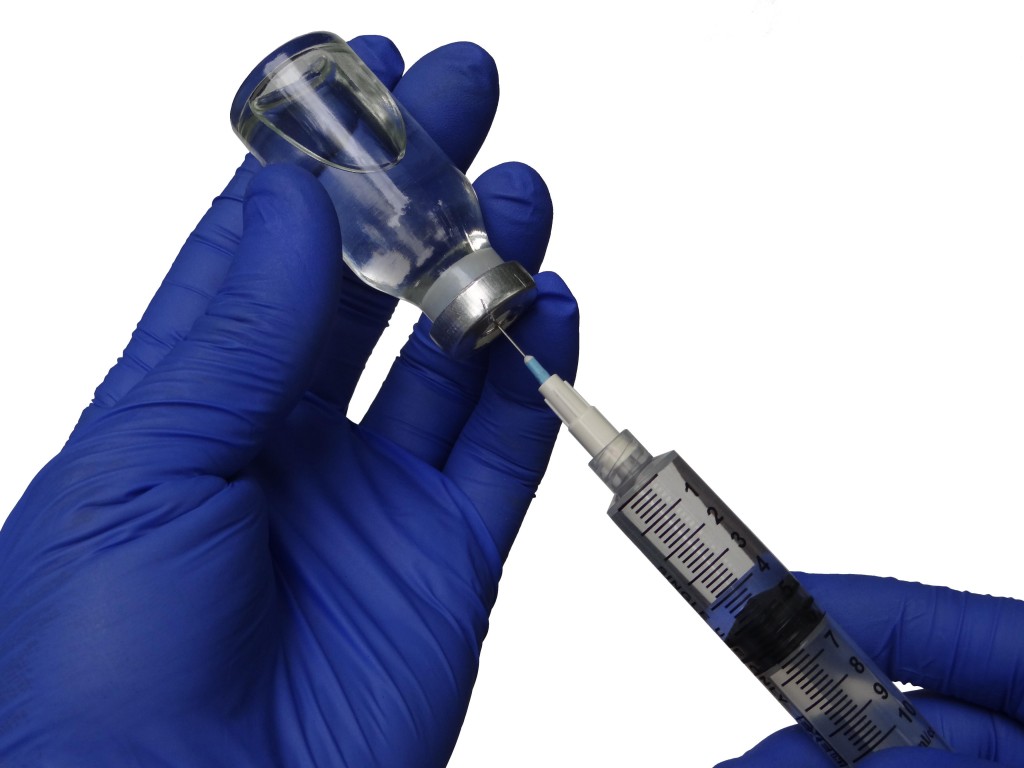On Sunday evening, Super Bowl champions Julian Edelman and Malcolm Butler of the New England Patriots turned to the camera and exclaimed, “We’re going to Disneyland!” Before they plunge down Splash Mountain, however, it might be worth checking whether or not they have their MMR shots.
Last month’s measles outbreak – linked to the California-based theme park – has now afflicted 102 people across fourteen states, according to the Center for Disease Control. This rapid proliferation of cases represents the highest number since the disease was eliminated in the U.S. just fifteen years ago. Given that the majority of those affected by this recent outbreak were unvaccinated, this recent outbreak has appropriately sparked fierce debates regarding childhood vaccination.
The origins of the “Anti-Vax” movement are rather unclear, but many sources attribute its birth to a series of claims connecting vaccinations to autism. Some of these claims include articles written and researched by Andrew Wakefield M.D., which were later withdrawn, retracted, and charged as “fraudulent.” Nonetheless, the movement has continued, much under the informal influence of celebrity Jenny McCarthy, who wrote the forward to Wakefield’s 2010 book Callous Disregard: Autism and Vaccines – The Truth Behind a Tragedy.
In light of the Disneyland outbreak, many have commented on the anti-vaccine movement. Vox’s Sarah Kliff centered on the “social obligation” argument, thereby opposing the anti-vax position. Singing a similar refrain, the New York Times drew out this idea of “herd immunity,” identifying an “unhealthy skepticism” surrounding vaccines. FiveThirtyEight has acknowledged – using data from Pew Research - that although 86 percent of scientists surveyed in the American Association for the Advancement of Science (AAAS) argue that childhood vaccines such as MMR should be required, only 68 percent of U.S. adults agree. It is also worth noting that this conversation is having a significant impact on the broader public: Google searches for “anti-vaccine” are at an all-time high and #VaccinateYourKids has reached well-over a million people on Twitter. Measles is the new Ebola in the national discourse on disease but the difference, as highlighted by the most vocal activists, is measles’ preventability.
Like with most issues, politicians and lawmakers have weighed in. Presidential-hopeful Gov. Chris Christie expressed reservations about state mandates on vaccinations, with The Atlantic writing, “Christie is perhaps the highest-profile officeholder to countenance anti-vaccine theories.” Hours later, his office walked back some of his commentary. Another presidential-hopeful, Sen. Rand Paul, raised issues regarding the connection between vaccines and mental disorders. Potential candidate Dr. Ben Carson, however, disagreed with his “possible rivals,” stating, “Although I strongly believe in individual rights and the rights of parents to raise their children as they see fit, I also recognize that public health and public safety are extremely important in our society.”
The other side of the aisle has been a bit more “mainstream,” but not without their own criticisms. President Obama remarked, “You should get your kids vaccinated. . . . The science is, you know, pretty indisputable.” Nonetheless, some have argued this is a position change from 2008 when Obama received two Pinocchios from the Washington Post for mentioning the “inconclusive” evidence on the connection between vaccines and autism. (Vox headlined that he “pandered to anti-vaxxers in 2008.”) Hillary Clinton tweeted, “The science is clear… #vaccineswork. Let’s protect all our kids. #GrandmothersKnowBest.” But yet, others have acknowledged this may also be a position-reversal from 2008 when she called on investments “to find the causes of autism, including possible environmental causes like vaccines” in an interview with “a_champ.”
The politicized (not to mention “polarized”) sides here are clear: on the one hand, the pro-vaccine crowd is arguing for safety (with many even disputing the political nature of this debate) and, on the other hand, the anti-vaccine crowd is advocating their personal liberties.
Looking at how this “debate” has played out in nonprofit circles is quite telling. Recently, the Gates Foundation alone has pledged just under $2 billion towards vaccination work. Recently pledging $50 million for research at Stanford University and another $1.55 billion towards global childhood inoculations, Bill Gates and his foundation have clearly made vaccination a priority of their philanthropic mission. Additionally, another $6 billion was raised by the GAVI Alliance for the latter project. Although there has not been a lot of recent philanthropy focusing on the MMR vaccine specifically, that should not be surprising considering the vaccine’s widespread availability.
The other side is also represented in the nonprofit world, but has been met with substantial hostility. Although some nonprofit leaders have lauded Christie’s remarks, it has not been without rebuke. In another example from last year, Chili’s restaurants faced criticism for planning a fundraiser for the anti-vax National Autism Association and was ultimately forced to cancel the event.
The latest measles outbreak has set a national firestorm on the topic of vaccination. Politics, philanthropy, and water-cooler conversations around the country have weighed in on this major topic. While politics sorts the matter out in the public square, major philanthropy continues to operate business as usual. In the coming weeks, however, charitable giving trends should reveal whether the public has sought to influence philanthropy on this issue or whether philanthropy remains immune to this contemporary debate.






